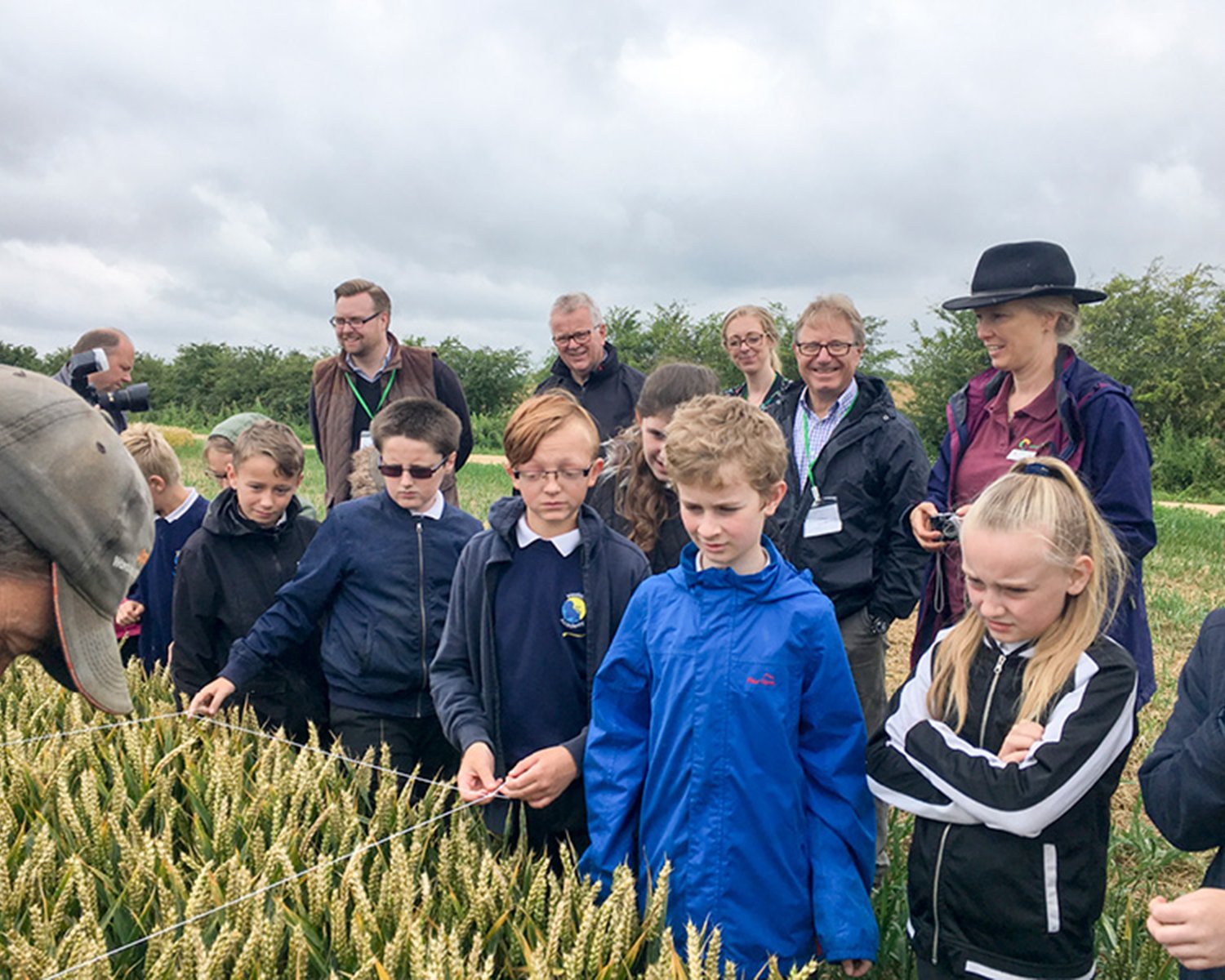Sustainability in the supply chain: how to avoid ‘greenwash’ criticism
Feb. 19, 2020
Posted in Sustainability

I’m accustomed to a little cynicism around corporate sustainable responsibility. Critics dismiss it as ‘greenwash’; too little too late for the sake of some positive PR.
I get it – I’m an independent consultant, but in my last role as Head of Supply Chain for a leading agricultural cooperative I had to engage the rest of the organisation with various social engagement and sustainability projects. Let me tell you, it can be tough.
Whatever your organisation, it’s vital to ensure that any sustainability or charitable work is meaningful rather than an empty vanity project, and that process begins with identifying potential value. You might be considering implementing a fairly straightforward waste management plan, or perhaps you’ve got ambitions to get city children onto farms to see where their food comes from.
Whatever your goals, you need to focus on this idea of value: namely, what kind are you aiming for? Is it the tangible, measurable kind – reduced costs, an alternative income stream – the softer variety – for example, an improved reputation with clients or consumers? – or a combination of the two? Then ask yourself ‘why is this important?’ It sounds obvious, but the value contains the all-important ‘sell’ for team members or employees; essentially, you’re making an inarguable declaration about why this matters.
Next? Well, unless you’re a large-scale operation with a dedicated environmental or social outreach department, it’s time to look for some trusted partners to start unlocking that value.
Let me give you an example: while I was at Openfield, I worked with The Country Trust and a leading bakery brand Warburtons to develop a programme that brought primary school children onto farms and walked them through the whole of the supply chain.
Those children petted sheepdogs, squealed about the smell of manure and ate their lunch outside – but more importantly, they learnt about the environment, had their horizons opened to jobs they’d never heard of and revealed parts of their past they’d never shared (“My daddy was a goat farmer,” I overheard one boy, a recent refugee from Syria who typically stayed silent at school, say to his teaching assistant.)
The experience was transformative for all involved, and inarguably ‘valuable’ on all sides – both in terms of some solid learning outcomes for the children but also a rich and rewarding experience that built young students’ confidence and resilience, Openfield company pride, promotion of our values and more.
My experience with The Country Trust was an extremely positive one – not all charities are capable of talking the language of business and delivering the benefits or ‘value’ of a charitable or sustainability project to a commercial operation. Few have experience of the business world, even less so the agribusiness world. Often, finding a trusted and like-minded partner to help realise your goals and deliver the value you seek is critical to success.
Beyond this, there is more work to do: establishing goals, setting up a secure framework, developing a way of working that’s collaborative and complementary. Often organisations are reluctant to admit to a pilot period, or to make criticisms at initial review stage. This shouldn’t be the case – it’s vital to a project or programme’s success and enduring impact that there’s a point early on for everyone to be open and non-protectionist about what they’ve achieved.
There needs to be a regular review of value against cost as things evolve, and a final check to see if cost and benefit balance: the test of a truly sustainable project – all of which should keep those criticisms of ‘greenwash’ in check.
Got a project or programme in mind with a focus on sustainability, education or social engagement? I’d love to hear your plans – send me a DM to arrange a no-obligation conversation.